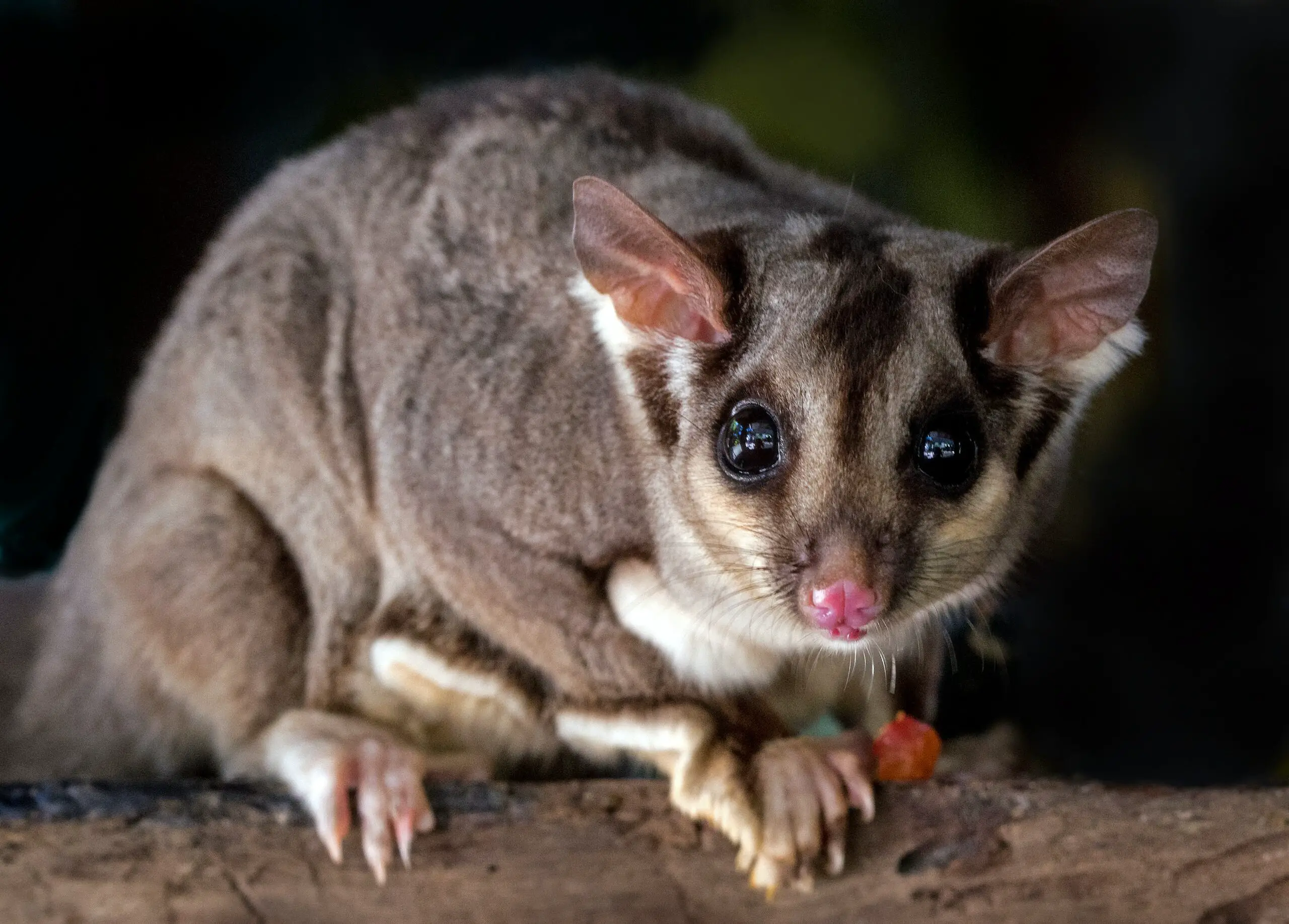Sugar gliders are adorable little creatures that many people keep as pets. They are very active and playful, and they make wonderful companions. However, sugar gliders can be unpredictable, and sometimes they just die for no apparent reason. In this blog post, we will discuss the possible reasons why sugar gliders might suddenly die. We will also provide some tips on how to prevent this from happening.
What are the most common causes of death in sugar gliders?
Sugar gliders are small, nocturnal marsupials that are native to Australia and Indonesia. These intriguing animals have become popular pets in recent years, but they do require special care and attention.
Unfortunately, sugar gliders are also susceptible to a number of health problems, which can often be fatal. The most common cause of death in sugar gliders is parasites.
These tiny creatures can quickly reproduce and overwhelm their host, resulting in severe malnutrition and dehydration.
Other common causes of death include respiratory infections, trauma, and cancer. While sugar gliders can make wonderful pets, it is important to be aware of the potential risks before making the decision to welcome one into your home.
What can you do to help prevent your sugar glider from dying prematurely
Sugar gliders are delicate animals, and their average lifespan is only about 15 years.
However, many sugar gliders die prematurely due to a lack of care. In order to help prevent your sugar glider from dying prematurely, there are a few things you can do.
- First, make sure to provide a diet that is high in protein and fat. Sugar gliders need a lot of energy, and a poor diet can lead to health problems.
- Second, give your sugar glider plenty of space to exercise. A cage that is too small can cause stress and reduce the animal’s life expectancy.
- Finally, provide your sugar glider with plenty of toys and activities. Boredom can also lead to premature death in sugar gliders.
By taking these steps, you can help ensure that your sugar glider lives a long and healthy life.
Do Sugar Gliders Die Easily?
Sugar Gliders can be territorial, and fights between males sometimes occur.
In the wild, sugar gliders typically have a lifespan of 5-10 years.
However, sugar gliders that are kept as pets often do not live as long.
This is due to a number of factors, including poor diet, lack of exercise, and inadequate veterinary care.
As a result, it is important for anyone considering keeping a sugar glider as a pet to thoroughly research the animal’s needs and make sure that they are prepared to provide proper care. With proper care, sugar gliders can make fascinating and rewarding pets.
What to do if my Sugar Glider Dies?
If your sugar glider dies, the first thing you should do is contact your veterinarian.
They will be able to determine the cause of death and advise you on what to do next.
If the sugar glider died from a disease or infection, you will need to take steps to prevent the spread of the illness to other animals.
You should also consider having a necropsy performed to determine the cause of death. This is especially important if the sugar glider was young or otherwise healthy.
Once you have taken care of the immediate medical concerns, you can begin to think about how to memorialize your pet.
Many people choose to bury their sugar gliders in a special spot in the yard or create a shrine in their home.
Others may simply choose to remember their pet in their own way. Regardless of how you choose to memorialize your sugar glider, taking the time to grieve is an important part of the process.
What happens if a sugar glider gets too cold?
One of the most important things to remember is that sugar gliders are sensitive to cold temperatures.
If a sugar glider gets too cold, it can go into shock and die.
That’s why it’s important to make sure that your sugar glider always has access to a warm, comfortable place to sleep. If you’re concerned that your sugar glider might be getting too cold, take it to the vet right away.
How long do sugar gliders typically live
Sugar gliders are a type of marsupial that is native to Australia. They get their name from their diet, which consists mostly of nectar and sap from certain trees. Sugar gliders are also known for their ability to glide through the air, thanks to the membranous skin that connects their front and rear legs.
These small and quirky animals have become popular pets in recent years, but many people are unaware of how long they typically live.
In the wild, sugar gliders typically live for between 5 to 10 years. However, when kept as pets, they can live for up to 15 years. This is due to the fact that pet sugar gliders are generally well-cared for and have access to a nutritious diet. With proper care, your sugar glider can be a beloved part of the family for many years to come.




